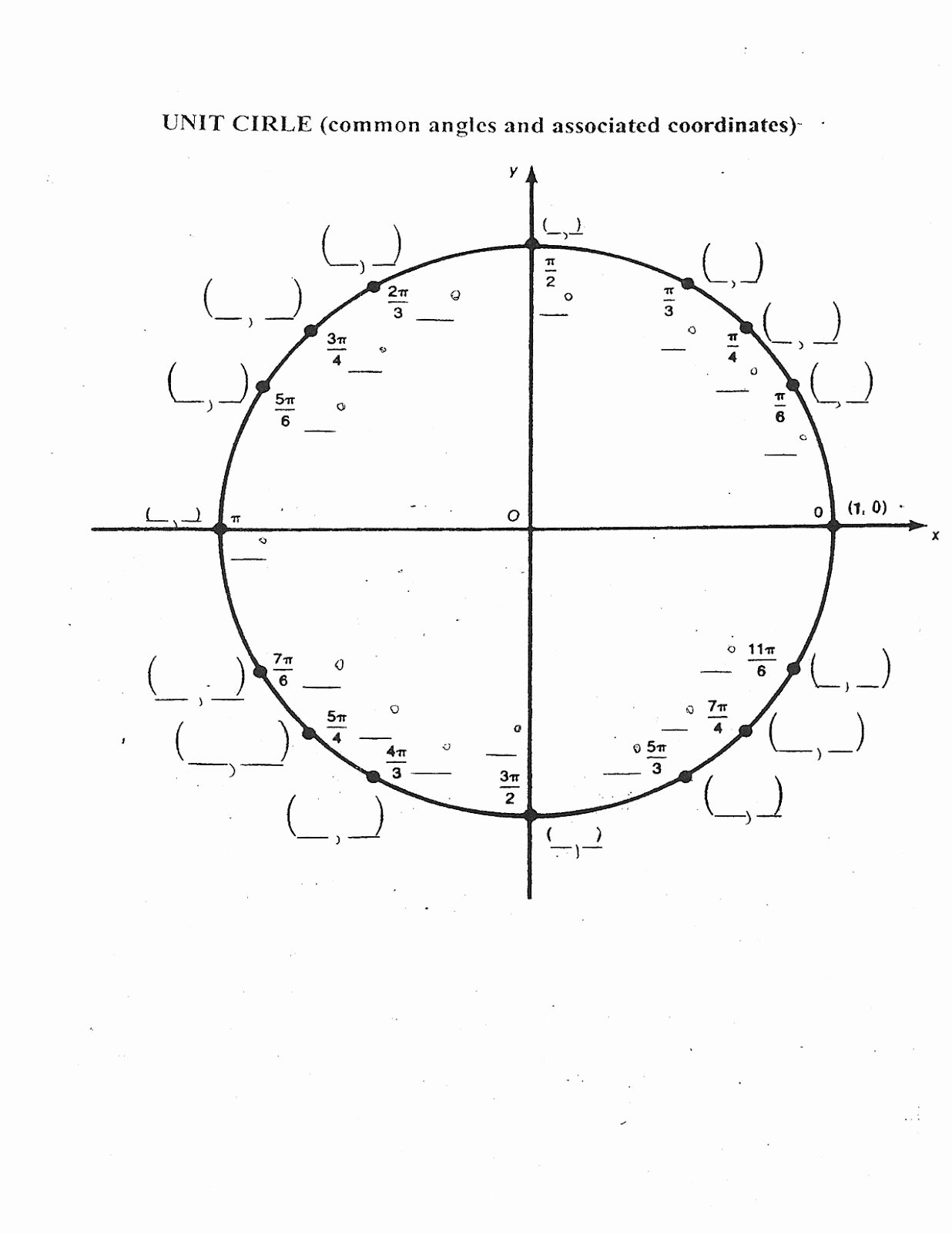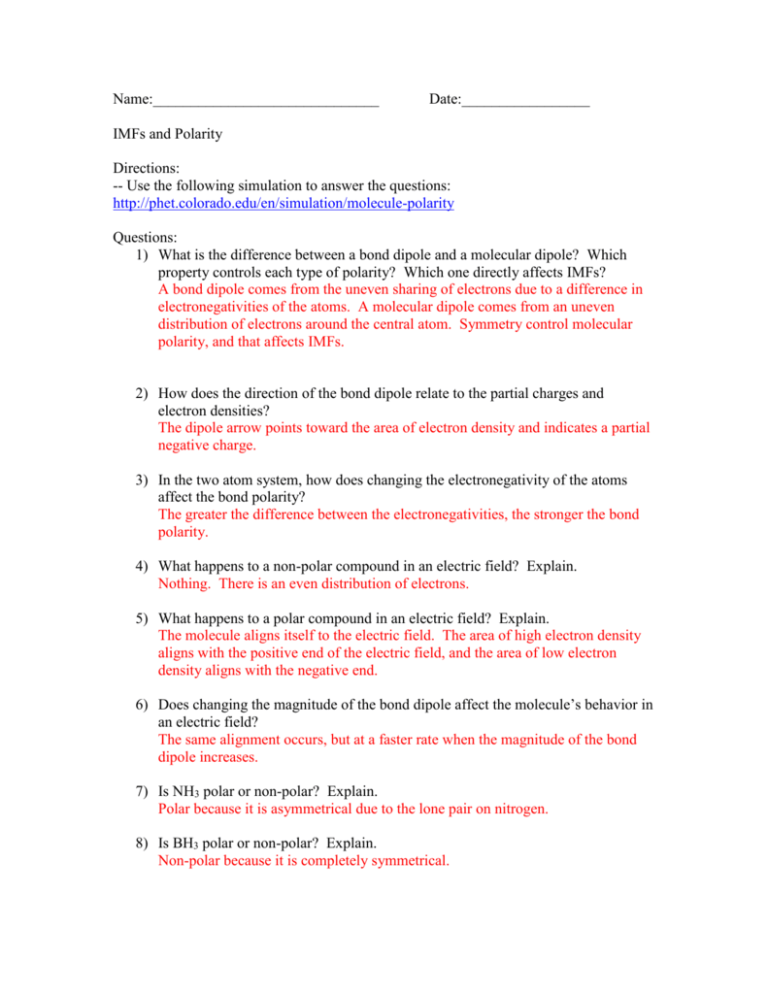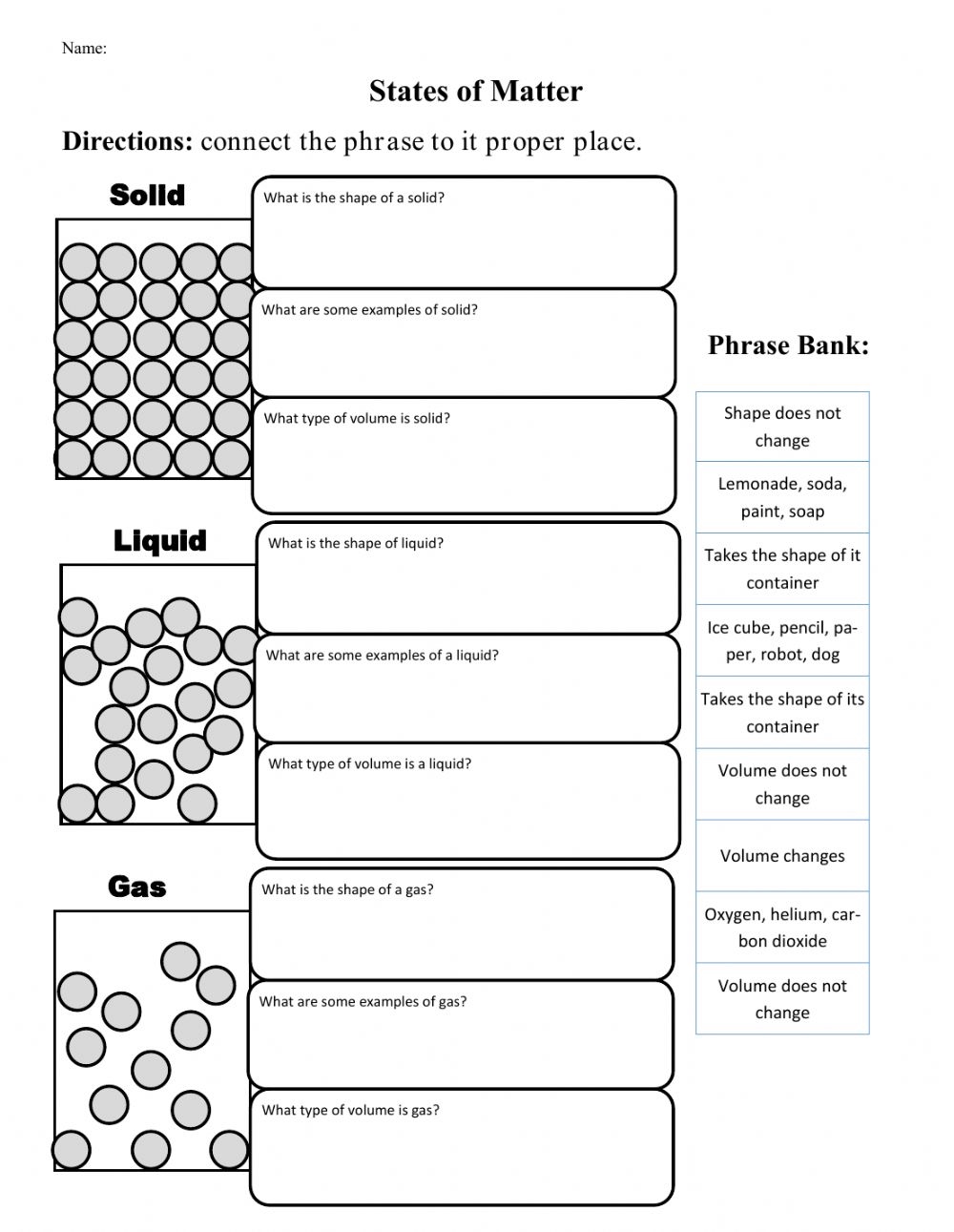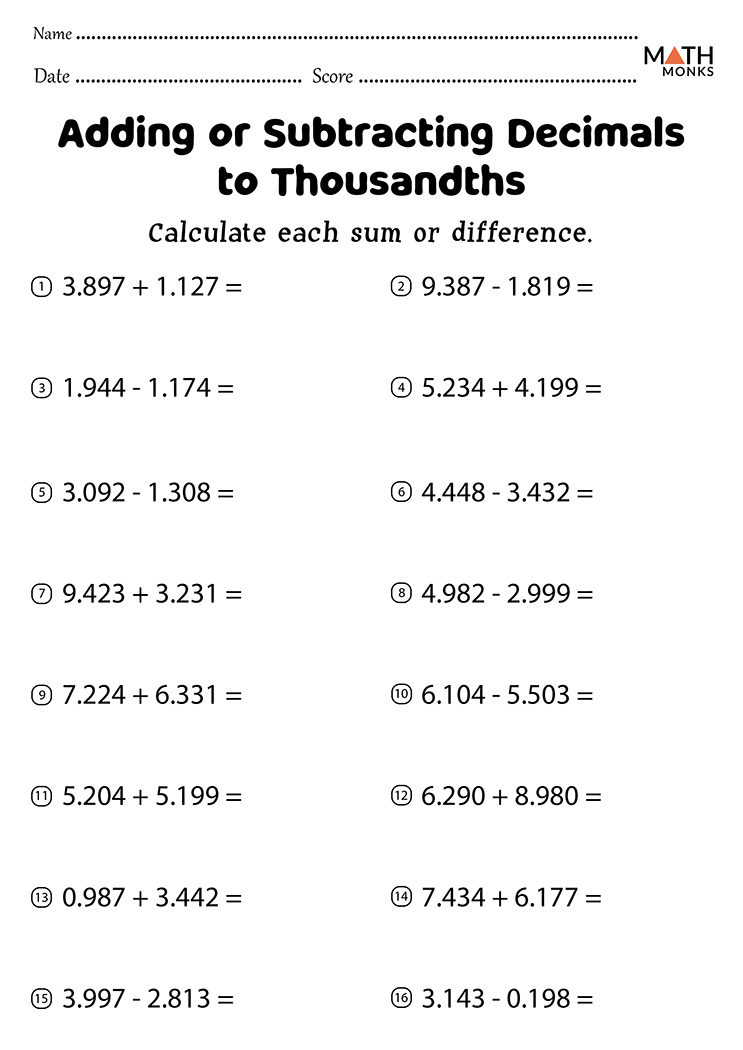Fact vs Opinion Worksheet: Identify the Difference
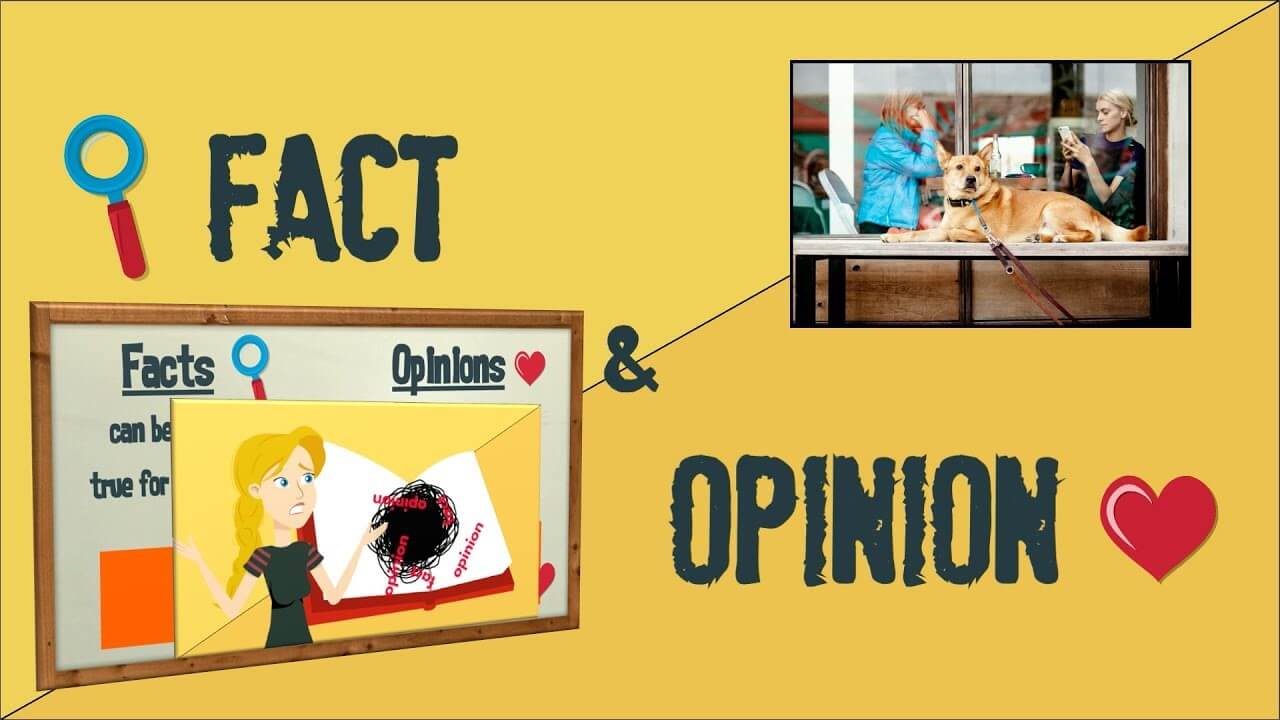
Understanding the Difference between Fact and Opinion
In today’s world, where information is readily available and easily accessible, it’s crucial to develop critical thinking skills to distinguish between fact and opinion. This skill is essential in making informed decisions, evaluating information, and forming well-supported arguments. In this article, we’ll explore the difference between fact and opinion, and provide a fact vs opinion worksheet to help you practice identifying the two.
What is a Fact?
A fact is a statement that can be verified or proven to be true through evidence, observation, or research. Facts are objective and unbiased, meaning they are not influenced by personal feelings, beliefs, or opinions. Examples of facts include:
- The Earth orbits around the Sun.
- The capital of France is Paris.
- The highest mountain in the world is Mount Everest.
Facts are often presented in a neutral tone and can be supported by evidence, such as statistics, expert testimony, or historical records.
What is an Opinion?
An opinion, on the other hand, is a statement that expresses a personal viewpoint, belief, or feeling. Opinions are subjective and can vary from person to person. Examples of opinions include:
- The best pizza topping is pepperoni.
- The most beautiful city in the world is Paris.
- The most exciting sport is football.
Opinions are often presented in a more emotive tone and can be influenced by personal experiences, cultural background, and individual perspectives.
Why is it Important to Distinguish between Fact and Opinion?
Distinguishing between fact and opinion is crucial in various aspects of life, including:
- Critical thinking: Being able to identify facts and opinions helps you evaluate information more effectively and make informed decisions.
- Effective communication: Recognizing the difference between fact and opinion enables you to express your thoughts and ideas more clearly and respectfully.
- Media literacy: Understanding facts and opinions helps you navigate the vast amount of information available in the media and make sense of the world around you.
Fact vs Opinion Worksheet
Here’s a worksheet to help you practice identifying facts and opinions:
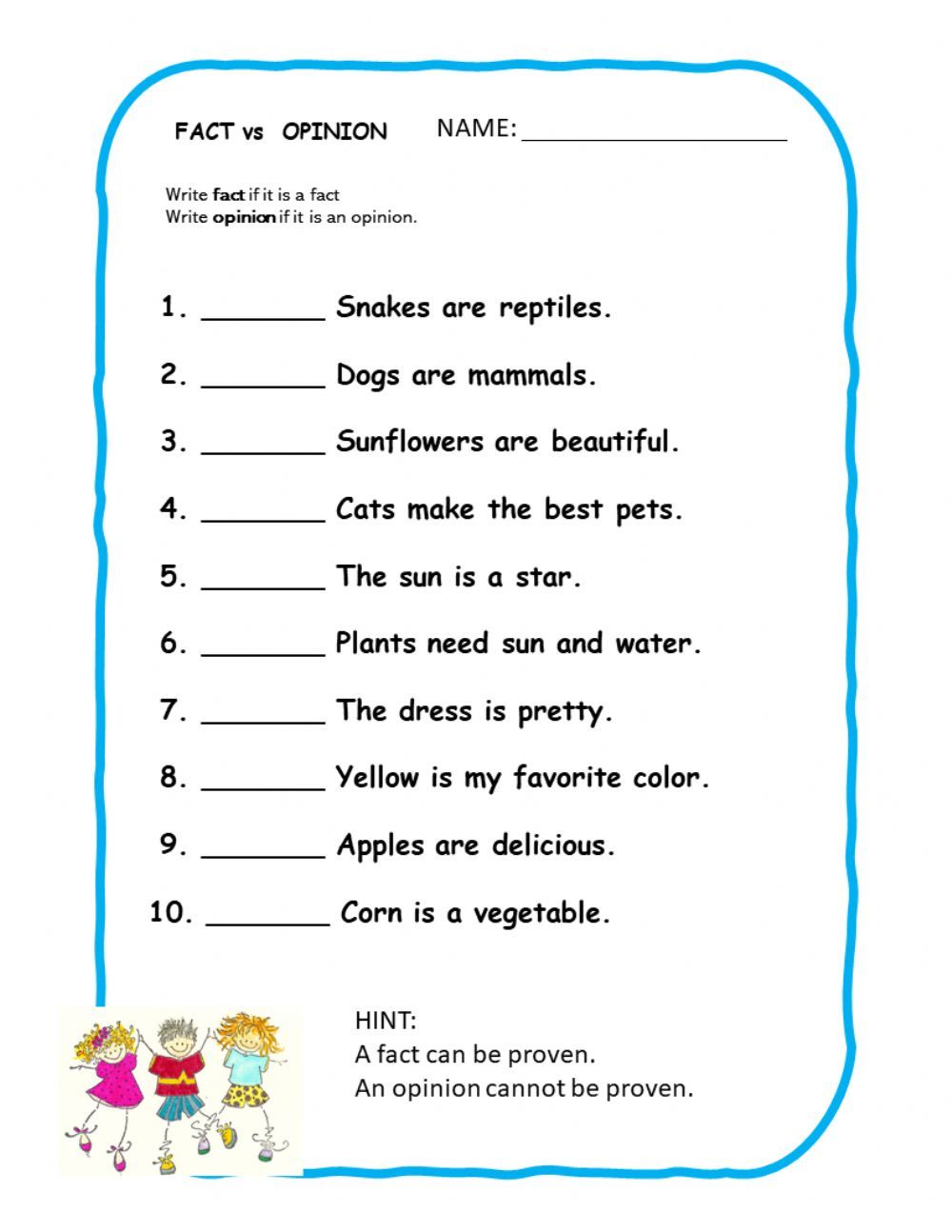
| Statement | Fact or Opinion |
|---|---|
| The Great Barrier Reef is the largest coral reef system in the world. | Fact |
| The Great Barrier Reef is the most beautiful natural wonder in the world. | Opinion |
| The capital of Australia is Canberra. | Fact |
| Canberra is the best city in Australia. | Opinion |
| The highest temperature ever recorded on Earth was 56.7°C (134°F). | Fact |
| The weather is getting hotter every year. | Opinion |
📝 Note: When identifying facts and opinions, consider the language used and the tone of the statement. Facts are often presented in a neutral tone, while opinions can be more emotive.
Conclusion
In conclusion, being able to distinguish between fact and opinion is an essential skill in today’s information age. By understanding the difference between objective facts and subjective opinions, you can make more informed decisions, evaluate information more effectively, and communicate your thoughts and ideas more clearly. Practice identifying facts and opinions using the worksheet provided, and develop your critical thinking skills to navigate the world of information with confidence.
What is the main difference between fact and opinion?
+Facts are objective and can be verified through evidence, while opinions are subjective and express personal viewpoints or feelings.
Why is it important to distinguish between fact and opinion?
+Distinguishing between fact and opinion is crucial for critical thinking, effective communication, and media literacy.
How can I practice identifying facts and opinions?
+You can practice identifying facts and opinions by using the worksheet provided, reading news articles, and evaluating online content.
